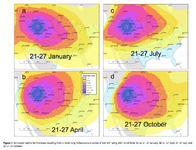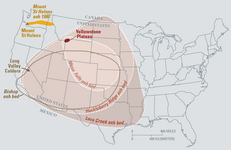- Messages
- 1,313
- Reactions
- 5,552
I have seen several posts in this thread that stated one of the last things
they would do would be to "kiss their butt goodbye".
Hmmmm.
I may be a bit odd but if I knew I was going to die my butt would be the last place
I would want my lips to be. As a matter of fact I wouldn't want them to be there
any time for any reason.
Some of you need to get out more..................

they would do would be to "kiss their butt goodbye".
Hmmmm.
I may be a bit odd but if I knew I was going to die my butt would be the last place
I would want my lips to be. As a matter of fact I wouldn't want them to be there
any time for any reason.
Some of you need to get out more..................

















